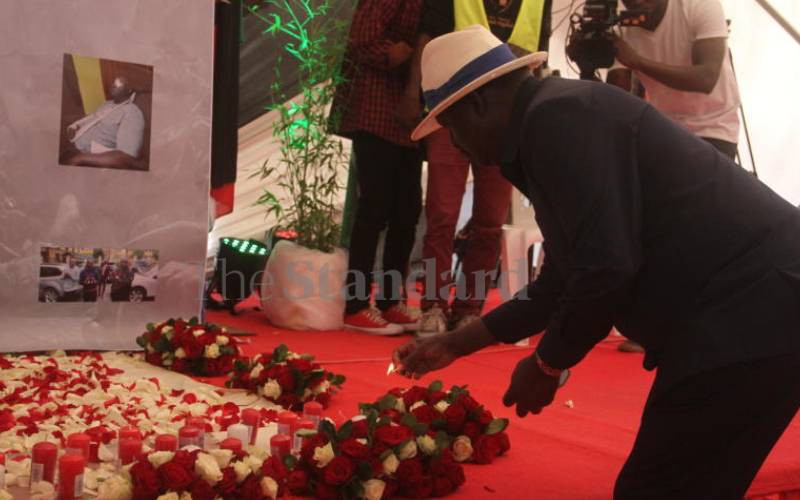×
The Standard e-Paper
Fearless, Trusted News

Azimio la Umoja One Kenya Coalition has gone back to the drawing board.
External pressure for a dialogue, the government's ruthless crackdown on protests, loss of lives as well as fatigue from support base has pushed the coalition to rethink its strategy.